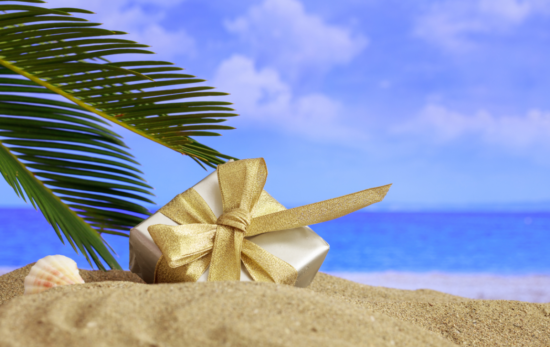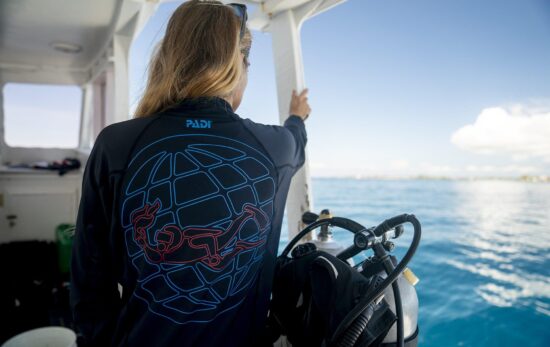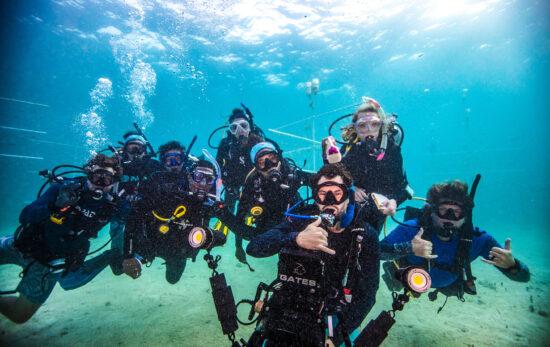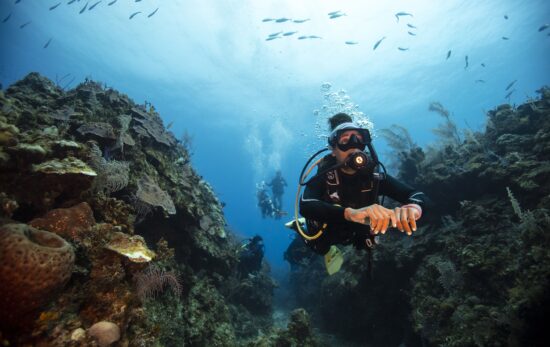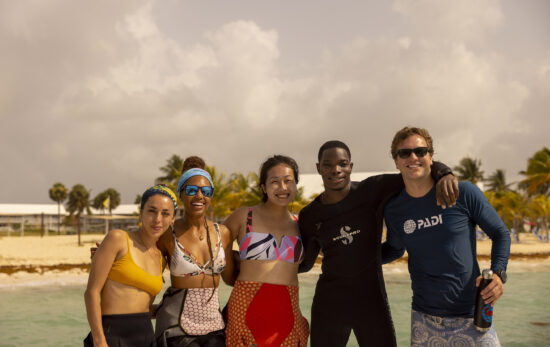Arguably, diving is the most inclusive sport in the world. At this writing, PADI professionals teach, lead and support diving in 185+ countries and territories, and by best estimate, more than 90% of people have access to dive instruction in a first and/or second language. And as I blogged last year, diving is a unifying force that bridges cultures through a common passion, purpose and language. Our interpersonal contact and shared experiences promote understanding and reduce prejudice, making diving a unifying force across national and regional boundaries and differing values – something that the world badly needs.
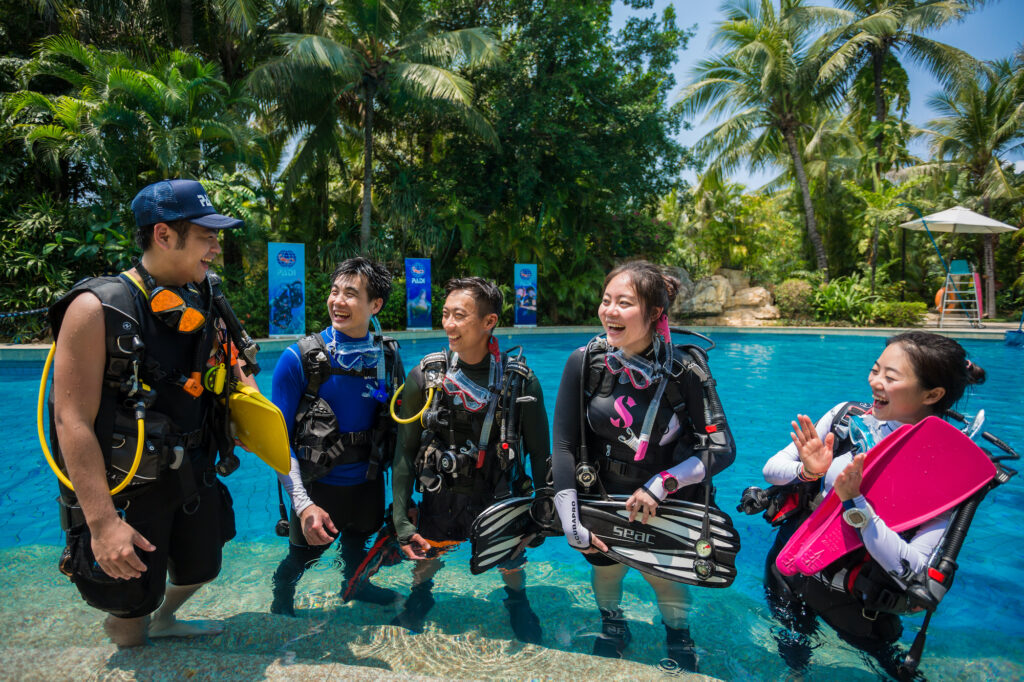
The sun never sets on diving thanks to its global reach, but with respect to reaching people and uniting, we need to look inward as well as outward. There are still people groups underrepresented in the marine sciences and diving, not because of local availability, but due to economics and/or social barriers. In my experience, the vast majority of PADI dive operators and professionals welcome people from all walks, but nonetheless, diving still seems out of reach to some because of cost, misconceptions, perception or other barriers.
A growing number of PADI professionals are doing something about this. Going beyond welcoming anyone regardless of diversity, they’re reaching out to underrepresented groups to pull down barriers and open access. For example, recognizing that a barrier to participation in marine sciences for such group is access to diver training, in Tanzania, Africa, PADI AmbassaDiver Frank Mollel founded Linda Bahari – Swahili for protect our ocean – to build local community awareness and train local students through PADI Rescue Diver, as well as in marine science, waste management, coral restoration and other environment-preserving skills.
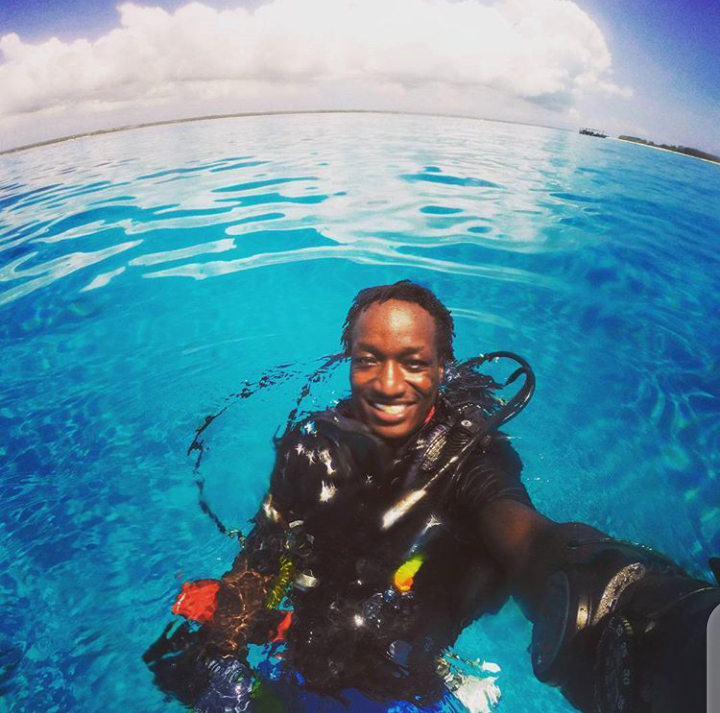
Thai PADI Instructor Alex Rendell and AmbassaDiver cofounded the Environmental Education Centre of Thailand (EEC), which uses diving and other activities to teach local communities environmentally sustainable practices. With a Master’s in Marine Biodiversity & Conservation, PADI Instructor/AmbassaDiver Nayantara Jain heads up India’s Reefwatch Marine Conservation, a not for profit that uses diving to teach local communities ocean health, conservation and restoration. Guardians of the Reef in Bermuda, founded by PADI Instructor/AmbassaDiver Weldon Wade, similarly engages local divers and would-be-divers in protecting, preserving and restoring Bermuda’s reefs and in waters.
In the US, the National Association of Black Scuba Divers (NABS) provides role models and outreach to African-American youth in lower income areas to involve them in diving. Black in Marine Science Week (29 Nov- 5 Dec) is an event with multiple involved institutions and scientists aimed at marine science career options and pathways to similarly underrepresented groups.
In New York Harbor (yes, that’s right), the Billion Oyster Project is restoring the harbor’s natural oyster beds with financial assistance and engaging local high schoolers, training them as science divers and hands on participants – many continuing into the marine sciences. So far, through the Billion Oyster Project more than 10,000+ volunteers have helped 6,000+ students in about 100 New York City schools – and there’s a heck of a lot more oysters in the harbor now.
Efforts like these broaden diving’s inclusiveness are not only beneficial to the underrepresented groups, but to all of us. To save the oceans, as PADI Torchbearers we need unity in purpose, but we need the strength of our diversity to execute that purpose. Surprisingly often, the answers to “unsolvable” problems come from a different perspective, which is why diversity is a creative, powerful problem-solving force that enables to us approach challenges from multiple angles. And, we need PADI Torchbearers from every culture, ethnicity and group because they can connect credibly as sea ambassadors who can speak with authority.
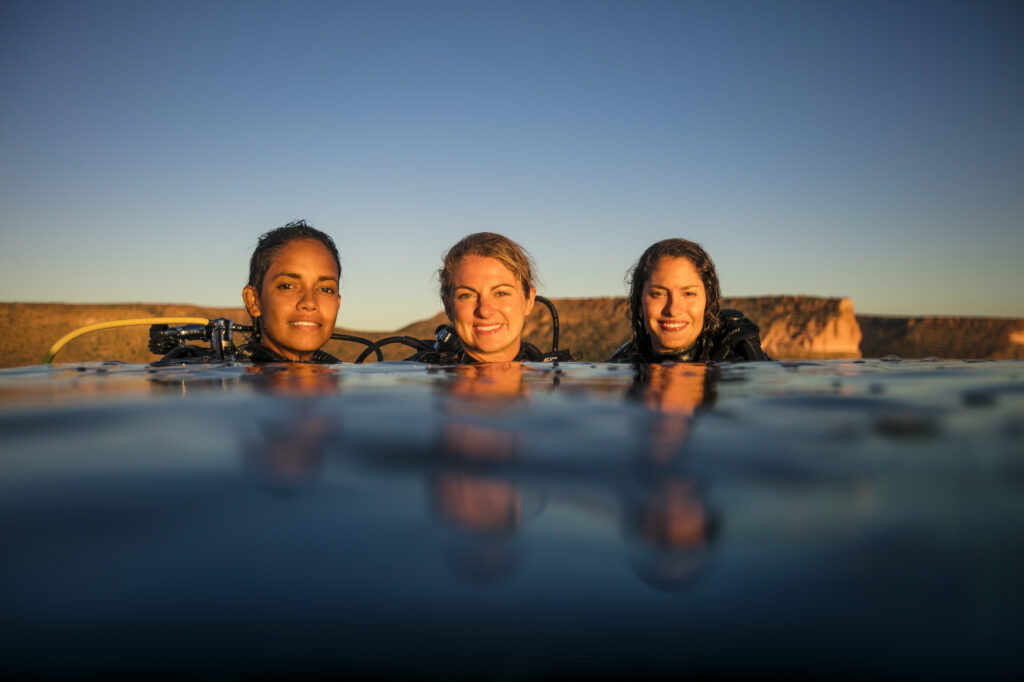
Speaker and author Ola Joseph said, “Diversity is not how we differ. Diversity is embracing one another’s uniqueness.” And, it goes hand-in-hand with seeking adventure and saving the ocean.
Dr. Drew Richardson
PADI President & CEO

